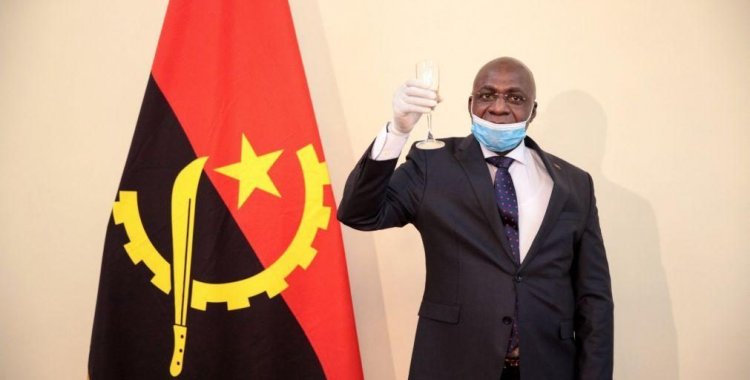The announcement was made this Monday by the Minister of Foreign Affairs, Téte António, in a message on the occasion of the celebration of May 5, Day of the Portuguese Language and Culture of the Community of Portuguese Speaking Countries (CPLP).
"All these efforts and contributions from Angola, aim solely at projecting more and more this important communication instrument of ours, which is the Portuguese Language," said Téte António, noting that "Angola has, in a reiterated way, echoed its voice" in the promotion of the Portuguese language in international forums.
According to the governor, "this is how with the contribution of the Angolan government and the governments of other Portuguese-speaking African countries, Portuguese is today one of the working languages of regional international organizations of which Angola is a member".
The head of Angolan diplomacy also highlighted that at the level of the annual sessions of the General Assembly of the United Nations (UN), in which the heads of state and government of the 193 member countries of the organization participate, the first speech is given in Portuguese.
Regarding the Orthographic Agreement of 1990, Téte António said that the Angolan government is working towards its ratification, discussing with the other members of the PALOP (Mozambique, Cape Verde, Guinea-Bissau and São Tomé and Príncipe).
Téte António said that the International Portuguese Language Institute (IILP) is working to find some orthographic rules that can meet the Angolan linguistic reality, so that they are reflected in the agreement, "which even coincides with the reality of languages spoken in other member states of the CPLP.
The ruler stressed that the Portuguese language in Angola is a factor of union, emphasizing that it adds to this privilege the fact that the country has a huge number of national languages, with Portuguese having evolved incorporating realities of the mother tongues, given their permanent coexistence.
"The Portuguese language plays a differentiating and exclusive role that unites all Angolans around a common language, which has discursive, pragmatic, syntactic, lexical, morphological, phonological and prosodic particularities," he said.
The United Nations Educational, Scientific and Cultural Organization (UNESCO) declared 5 May last November as World Portuguese Language Day, upon a proposal by all Portuguese-speaking countries supported by 24 other states, including countries such as Argentina, Chile, Georgia, Luxembourg or Uruguay.
UNESCO chose for the event the date on which a decade ago was celebrated the Day of the Portuguese Language and Culture of the CPLP.
Portuguese is spoken by over 260 million people on five continents, or 3.7 percent of the world's population.
It is the official language of the nine CPLP member countries (Angola, Brazil, Cape Verde, Guinea-Bissau, Equatorial Guinea, Mozambique, Portugal, São Tomé and Príncipe and East Timor) and Macau, as well as the working or official language of a number of international organisations such as the European Union, African Union or Mercosul.







